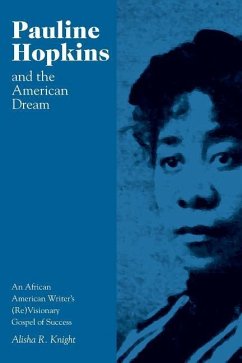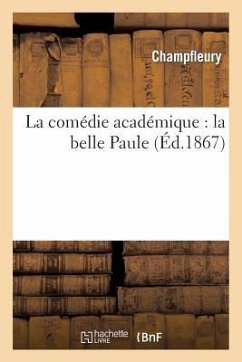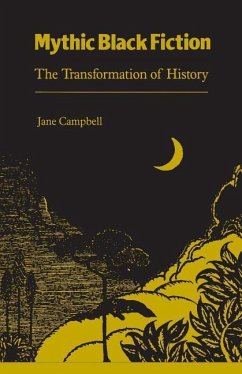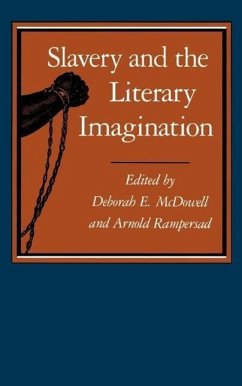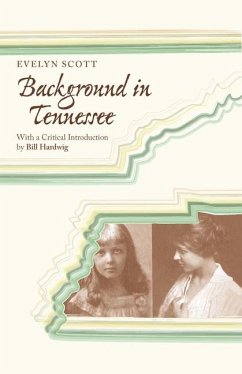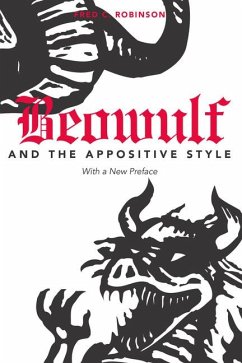Nicht lieferbar
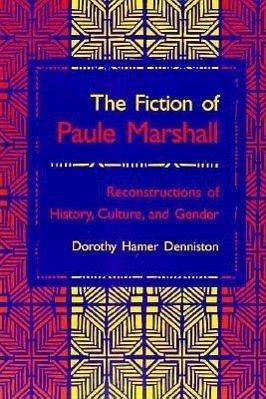
The Fiction of Paule Marshall
Reconstructions of History, Culture, and Gender
Versandkostenfrei!
Nicht lieferbar
The first in-depth study of Paule Marshall's fiction, this book traces the development of the writer's Afrocentric vision. In a fresh and provocative reading, Dorothy Hamer Denniston shows how Marshall's creative sensibility has evolved--from American to African American, African Caribbean, and, finally, Pan-African--and how her distinctive literary style combines Western forms with elements from the African oral tradition. In the introduction, Denniston presents a brief biographical sketch of Marshall and emphasizes the connections between African oral literature and Marshall's depictions of ...
The first in-depth study of Paule Marshall's fiction, this book traces the development of the writer's Afrocentric vision. In a fresh and provocative reading, Dorothy Hamer Denniston shows how Marshall's creative sensibility has evolved--from American to African American, African Caribbean, and, finally, Pan-African--and how her distinctive literary style combines Western forms with elements from the African oral tradition. In the introduction, Denniston presents a brief biographical sketch of Marshall and emphasizes the connections between African oral literature and Marshall's depictions of various black cultures represented throughout the diaspora. Denniston also explains the African concept of cyclical time as well as the traditional role of the African woman and discusses their relevance to Marshall's art. The seven chapters that follow analyze Marshall's fiction to date--from her first published work, the short story "The Valley Between" (1954), to her most recent novel, Daughters (1991). In each chapter Denniston focuses on Marshall's preoccupation with history and her insistence that African peoples journey back through their history to understand the political, social, and economic structures upon which contemporary societies are based. As Marshall's vision expands to include oppressed peoples throughout the world, Denniston shows, the writer develops a discursive model of change and possibility. Ultimately, Marshall invokes individual responsibility for the transformation of society; she hopes through her fiction to illustrate the value of cultural differences and the larger similarities that attend personal and communal liberation.






